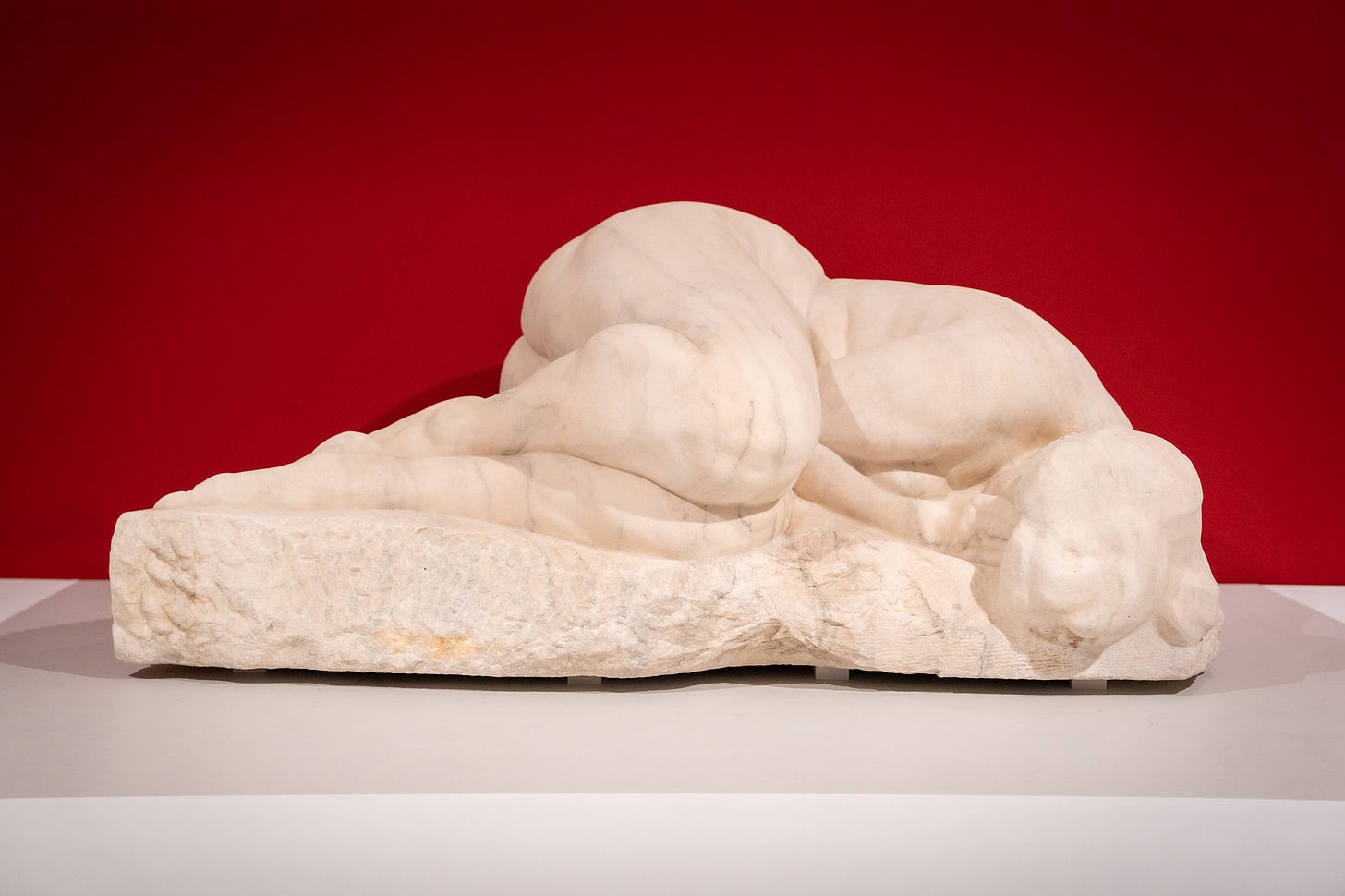Fixing
73 candidates have come forward to challenge incumbent Pamela Rendi-Wagner for the leadership of Austria's Social Democratic Party

Servus!
British readers of this newsletter will know what I mean when I talk about the Labour Party’s old tradition of ‘fixing.’ For the uninitiated, before ‘one member, one vote’ became the norm, affiliated trade unions used to dominate internal Labour Party politics via the block vote mechanism. Nothing could pass any extra-parliamentary decision-making body without support from union leaders who controlled millions of their members’ votes. Fixing, then, meant party leaders and union bosses hammering out deals behind closed doors before matters ever went in front of party members. Party democracy was a fait accompli.
I always think about fixing when looking at how party politics continues to function in Austria. Take the Social Democratic Party (SPÖ) as an example. The last time they had an open leadership contest was in 1967, when Bruno Kreisky defeated Hans Czettel. Otherwise, the process of choosing who should lead the SPÖ—or the People’s Party (ÖVP) for that matter—is usually as transparent as a papal conclave. By the time delegates to conference get to vote, there is only ever one name on the leadership ballot pre-selected by the party’s national executive committee. Under such conditions, it is hardly surprising that Austrian party leaders win leadership contests with Saddam Hussein-like numbers.
Perhaps this time will be different. Two weeks ago, Burgenland governor Hans Peter Doskozil challenged the incumbent Pamela Rendi-Wagner for the SPÖ leadership. In a break with tradition, Doskozil asserted that the decision of who should lead the party should rest with the SPÖ’s members who currently total around 140,000, down from a high of 700,000 or so at the end of the 1970s. There was a self-interested aspect to Doskozil’s call, for with the Vienna SPÖ, the party’s women’s movement, and the trade unions more-or-less behind Rendi-Wagner, his path to victory would otherwise have been a narrow one.
Since then, other candidates for the party leadership have come forward: 73, in fact, including a giraffe from the Schönbrunn Zoo. The only serious contender among them is Andreas Babler, the mayor of Traiskirchen, a town of 18,500 residents south of Vienna best known nationally for being home to a large refugee hostel. Babler comes from the left of the party both in terms of his traditional social democratic economic outlook and his softer line on migration and asylum. This distinguishes him from Doskozil, whose views on the latter are closer to the right than the left, and makes him a direct threat to Rendi-Wagner.
Babler’s name recognition outside of eastern Austria is likely weak compared to Rendi-Wagner and Doskozil and he has yet to be tested in national polling as a hypothetical candidate for the chancellorship. A pair of surveys published by Heute last week did show that, were an election held this Sunday, an SPÖ led by Rendi-Wagner would finish third on 24 percent, while an SPÖ led by Doskozil would win with 31 percent. Popularity contests inside and outside the party are two different things entirely, of course, and among SPÖ voters, current polling indicates that Rendi-Wagner actually has the edge over Doskozil, making the outcome of this forthcoming leadership contest very hard to predict indeed.




In challenging Rendi-Wagner, Doskozil has given the SPÖ a kind of gift. The party has attracted 9,000 new members in recent days, and this contest should settle the leadership issue before parliamentary elections in 2024 and give the SPÖ a chance to rejuvenate itself. Old habits, however, are hard to break. The forthcoming membership ballot at the end of April and beginning of May will be non-binding, the party’s chief executive Christian Deutsch declared this week. The final decision will rest with delegates to an extraordinary party conference to be held on June 3. Members will be asked not who should lead the party, but rather whether Rendi-Wagner should remain leader, and if not her, then who. A leading question, one might suggest. How do you say ‘stacked decks’ in German?
Bis bald!
Thank you for subscribing to the Vienna Briefing. If you know someone who might be interested in receiving this newsletter, consider sharing it with them today.
The Vienna Briefing is a free newsletter. If you enjoy and would like to support my work, think about sending me a tip via PayPal. Thank you to all those who have contributed.



From the Garden of Eden through to the Holocaust, a new exhibition at the Jewish Museum Vienna (Judenpl. 8, 1010 Wien) explores the various manifestations of and our ever-evolving relationship with the concept of guilt: whether existential, metaphysical, moral, or political. “Guilt” runs at the Judenplatz Museum until October 29.




